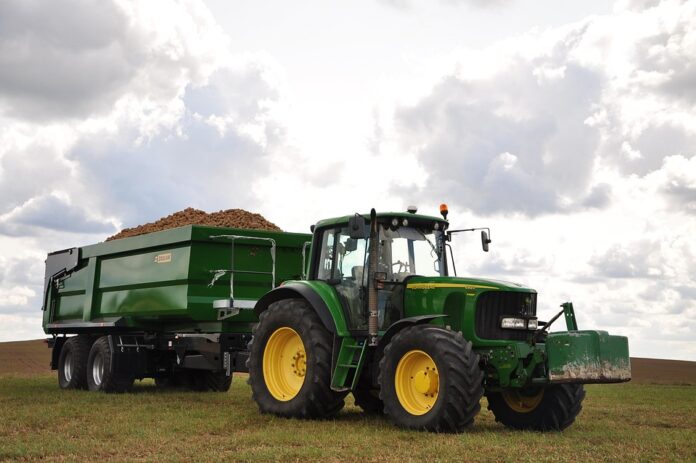The Rise of Electric and Hybrid Tractors in Sustainable Agriculture
In recent years, the agriculture industry has been undergoing a significant transformation towards sustainability, driven by the need to reduce carbon emissions, increase efficiency, and improve overall environmental impact. One of the key innovations leading this transformation is the adoption of electric and hybrid tractors.
Benefits of Electric and Hybrid Tractors
Electric and hybrid tractors offer a range of benefits that make them attractive options for farmers looking to reduce their environmental footprint and operating costs. These benefits include:
– **Reduced Emissions**: Electric and hybrid tractors produce significantly fewer emissions compared to traditional diesel-powered tractors, helping to reduce greenhouse gas emissions and improve air quality.
– **Lower Operating Costs**: Electric tractors are generally cheaper to operate than diesel tractors, as electricity is often a more cost-effective fuel source compared to diesel. Additionally, maintenance costs for electric tractors are typically lower due to fewer moving parts.
– **Improved Efficiency**: Electric and hybrid tractors are often more efficient than diesel tractors, with electric motors providing instant torque and better power delivery. This can result in increased productivity and reduced fuel consumption.
– **Noise Reduction**: Electric tractors are quieter than their diesel counterparts, reducing noise pollution in rural areas and improving the working environment for farmers and farm workers.
Financial Data and Industry Insights
The market for electric and hybrid tractors is rapidly growing, with major agricultural equipment manufacturers investing heavily in research and development to bring these innovative machines to market. According to a report by Research and Markets, the global electric tractor market is projected to reach $1.9 billion by 2026, growing at a CAGR of 21.8% from 2021 to 2026.
Companies like John Deere, CNH Industrial, and Kubota are leading the way in the development of electric and hybrid tractors, with a focus on sustainability and efficiency. John Deere, for example, recently unveiled its all-electric concept tractor, the SESAM (Sustainable Energy Supply for Agricultural Machinery), which features a battery-powered drivetrain and zero emissions.
In addition to major manufacturers, startups like Monarch Tractor are also making waves in the electric tractor market. Monarch Tractor’s fully electric autonomous tractor offers farmers advanced features such as AI-powered predictive maintenance, remote monitoring, and precision agriculture capabilities.
Challenges and Opportunities
While the adoption of electric and hybrid tractors in sustainable agriculture is gaining momentum, there are still challenges that need to be addressed. One of the main challenges is the infrastructure required to support electric tractors, such as charging stations and grid capacity. Additionally, the upfront cost of electric tractors can be a barrier for some farmers, although lower operating costs over the long term can offset this initial investment.
Despite these challenges, the opportunities presented by electric and hybrid tractors are vast. With advancements in battery technology, the range and power of electric tractors continue to improve, making them more viable for a wide range of agricultural applications. Governments and organizations are also offering incentives and subsidies to encourage the adoption of electric tractors, further driving growth in the market.
Conclusion
Electric and hybrid tractors are poised to revolutionize sustainable agriculture, offering a cleaner, more efficient alternative to traditional diesel-powered tractors. With major manufacturers and startups investing in innovation and technology, the future of farming looks brighter and more sustainable than ever before. As the market for electric tractors continues to expand, farmers have the opportunity to reduce their environmental impact, lower operating costs, and increase productivity, ultimately contributing to a more sustainable future for agriculture.




